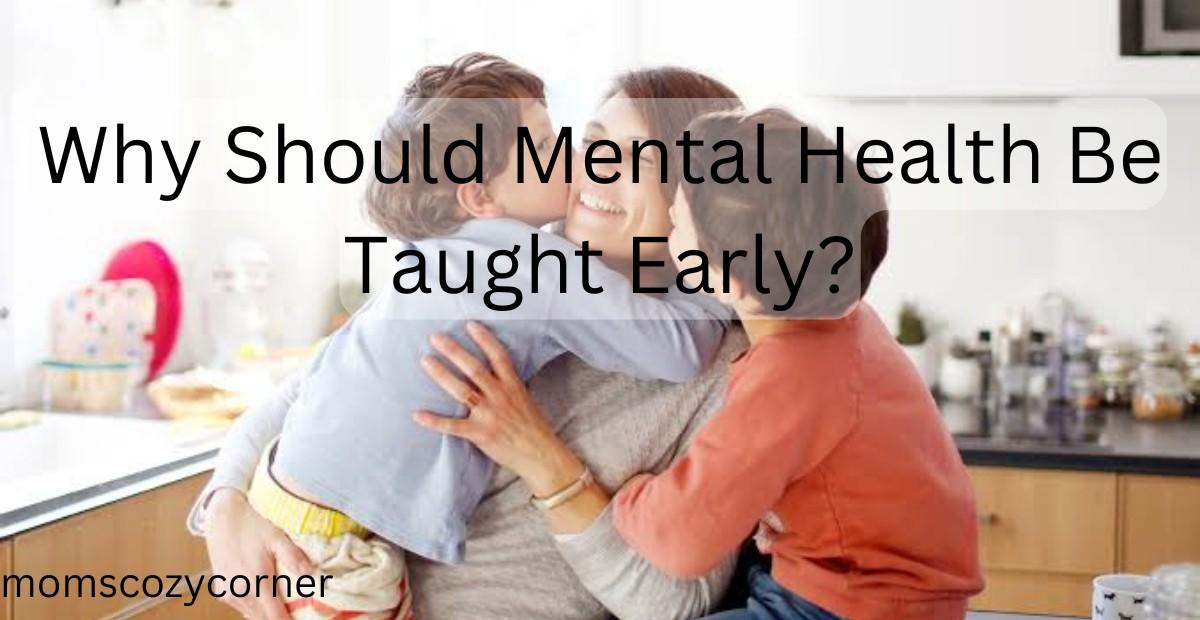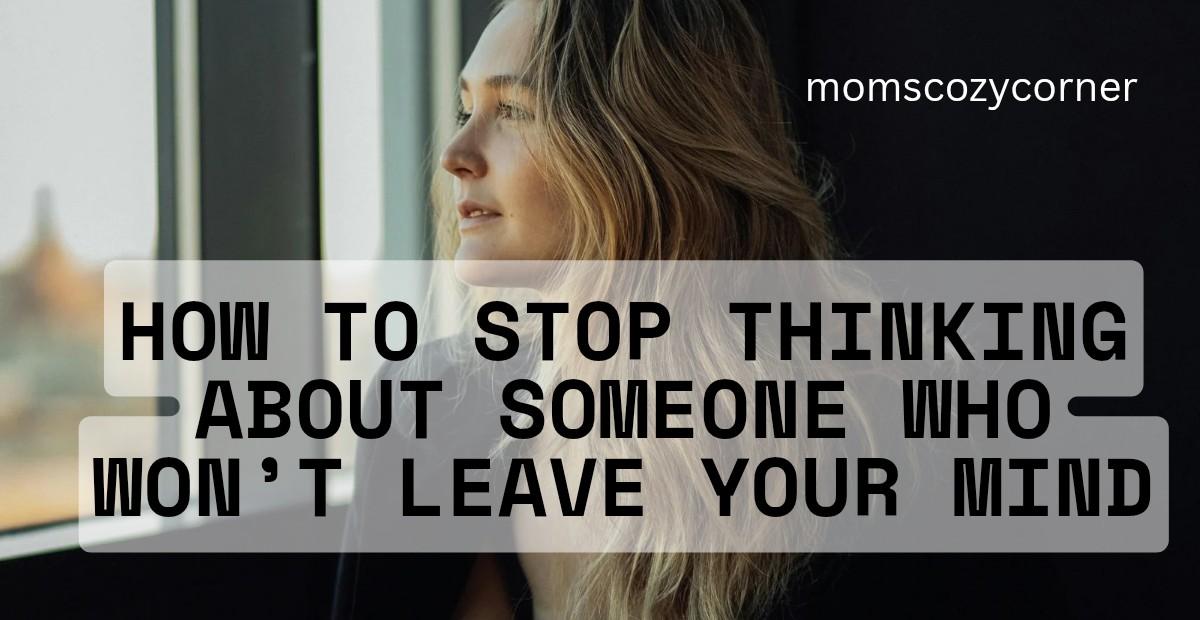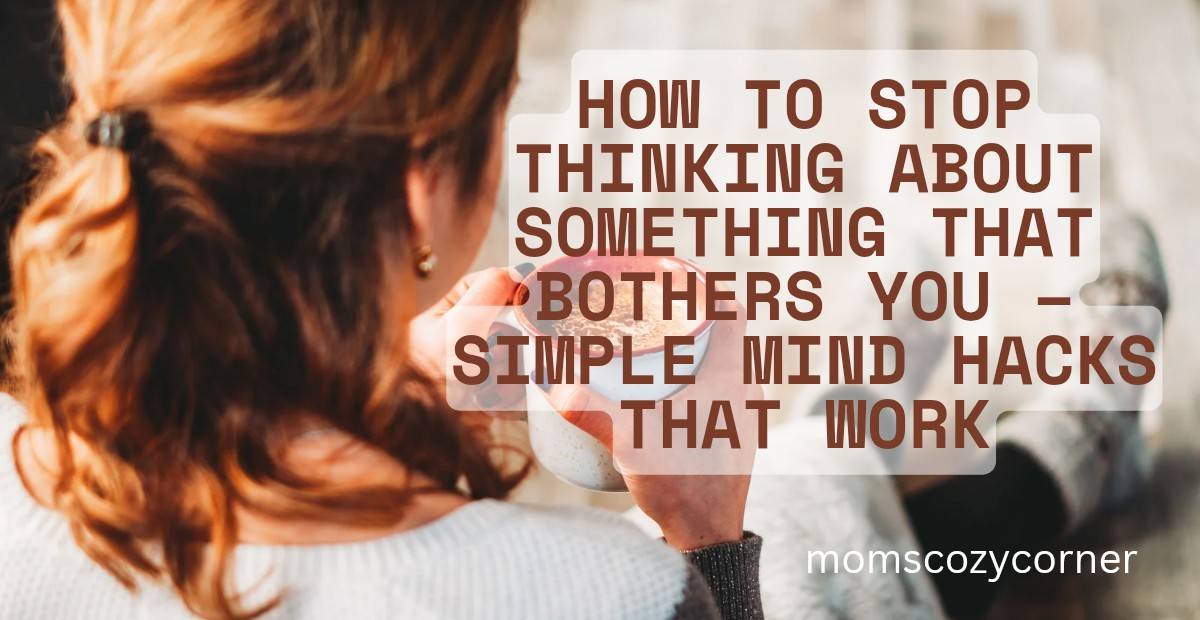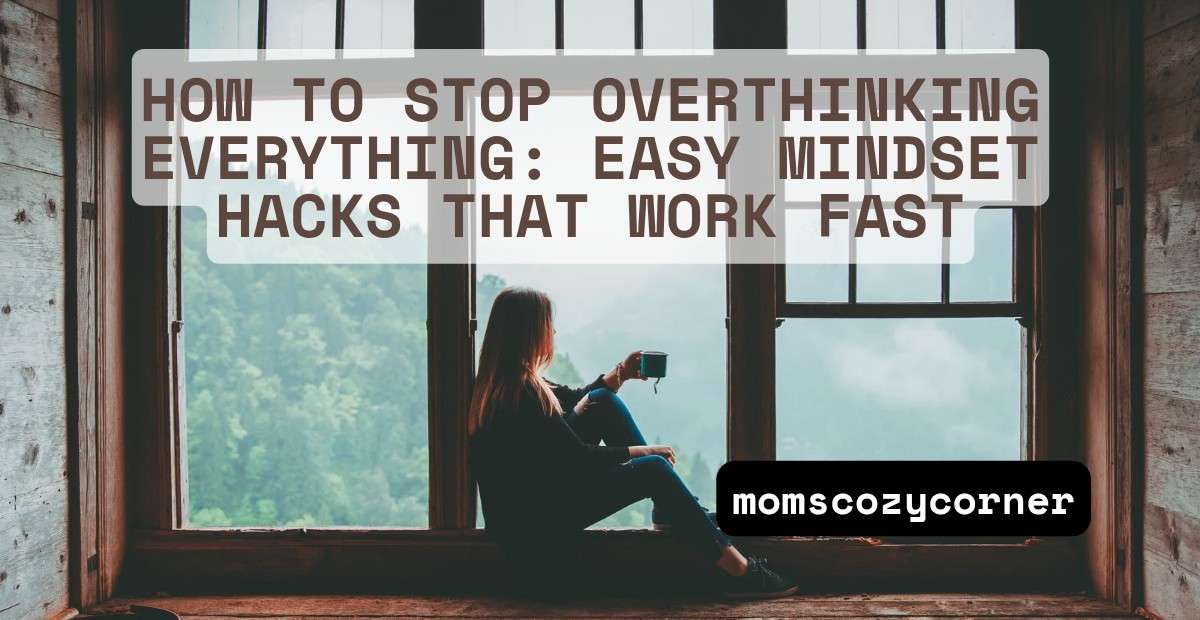Why Schools Should Teach Mental Health – Includes Free Printable
Introduction
No two moms look at this topic exactly the same, and that’s fine. These ideas are entirely my opinion and might resonate with you. While adults care a lot about mental health, we seem to forget our kids. Our parents/society did not teach many of us good emotional skills when we were younger, so it’s not surprising we struggle today. Of course, it has both its positives and negatives, but I believe mental health must be taught in schools since they are there most of the day.
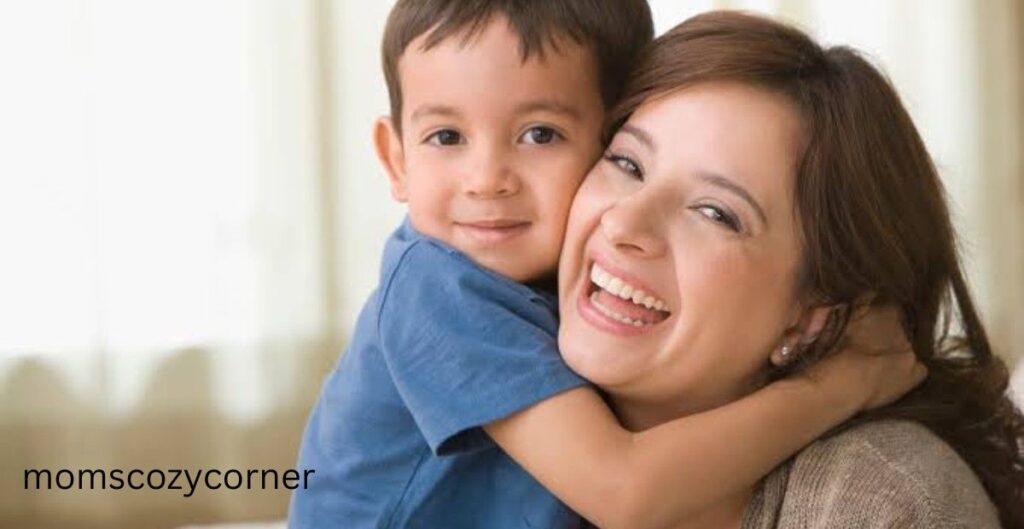
How I Define Mental Health as a Mother
I am not an expert in psychology, and this isn’t strictly what you’d find in a textbook definition. In my opinion, mental health allows us to deal with daily challenges, our children’s emotional outbursts, and our moods; know what to value and what to ignore; keep good relationships; and, above all, consider mental health as seriously as we do physical health. If that describes you, then you’re a mentally healthy mom, in my opinion.
It’s normal to struggle sometimes, and some days, we get impatient, feel upset, snap at our partner, or just don’t feel ourselves. That’s normal. If you’re feeling overwhelmed by anger or frustration at your family, you’re not alone. Check out Why Am I Always Angry at My Family? You’re Not Alone. for some comforting insights and tips.
Should these emotional collapses or non-stop overwhelm happen often, it may indicate there’s a real problem. It’s a hint that you should prioritize your mental health sooner rather than later.
Why Focusing on Kids’ Mental Health Is Important
As adults, it is common for us to mention working on our mental health so we can stay happier and more balanced. However, this is true for kids as well. Their emotions today will impact the kind of adults they will become.
Kids don’t have the ability to independently manage their mental health, unlike adults. If adults, such as parents, teachers, neighbors, and relatives, show children by example and give them support, it can help them build healthier attitudes. Still, among all of these people, parents and teachers matter the most, just because kids spend so much time with them. A child’s emotional well-being is built mostly at home and in school.
What Are We Hoping for Our Kids?
All of us wish for our kids to do better than us in life and live happily and comfortably. My wishes for my daughters are the same—I hope they become wealthy, successful, and find a good place in life. Yet, does this solve everything? We need to consider their mental health, we must teach them life skills, and while schools play an important role, they don’t encompass everything needed for a truly fulfilling life.
Imagine the richest people in your life. Is everyone among them simply happy in their private lives? Do they have peaceful relationships? If not, it proves you can’t just have money to feel truly happy.
Yes, learning makes a difference—it supports our earning and gives us space to live our dreams. You achieve real happiness when you balance your money, physical health, and mental health. Having this trio in your life is crucial for real happiness. What I truly want for my daughters is happiness in all parts of life, not just money.
That’s why schools are important, helping kids build emotional awareness, form healthy habits, and think positively.
When School and Home Team Up: A Mental Health Boost for Kids
We both agree, Mama, that great kids are the result of teamwork by parents and teachers. We grow their hearts at home and at school, they learn to interact with the world. Every little thing such as coping with bullies or learning to speak out, matters. We need to look at how we can direct them—along with them—by sharing love, patience and lots of heart. We also need to consider mental health, which should be taught in schools.
Bullying and Mental Health: A Two-Sided Struggle
Bullying is usually caused by a child having emotional difficulties. Someone who bullies struggles with emotions, while the person bullied ends up feeling pained, cut off, and unsure what to do. Over the years, this can cause kids to lose interest in both school and learning. Mental health support for all children and actively taught emotional regulation and empathy in schools are crucial for a supportive environment.
Parent’s Role
Let’s say, once, my daughter was rejected from a dollhouse play by a classmate. She was a more reserved child, so he sought out kids who were more open in playing. She came to me with the information, not her teacher.
After speaking with her teacher, I convinced my child to talk to me about similar issues whenever they arise. I didn’t describe the boy as bad; I only pointed out that some individuals don’t always notice how others feel. We are still able to take care of ourselves without being rude. That’s how you gain emotional awareness.
School’s Response
The teacher reacted wisely—she informed the boy’s mother, made sure the student heard why bullying isn’t tolerated, and monitored the boy during group time. That is how we offer (or provide) real support. Not only about discipline—but also about understanding and learning.
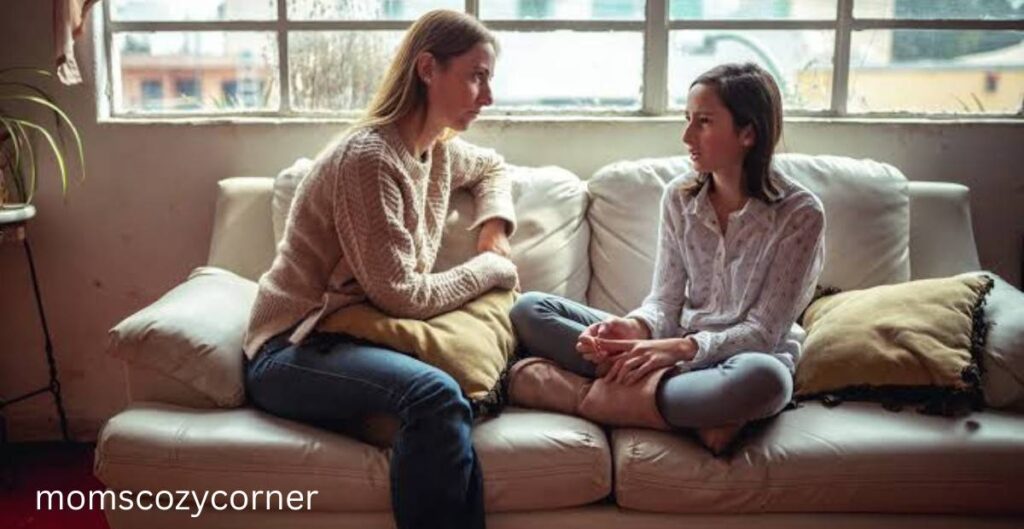
When Happiness Fuels Learning – A Mama’s Take
I’ve realized something, Mama, over the years. Kids’ performance in school is not only about reading and writing but also about their emotions. If our kids are in a good mindset, they will learn more easily, remember things better, and seek out educational opportunities. They ask more questions, think up new ideas, and manage to get over setbacks more quickly.
That kind of happiness isn’t found by filling their life with toys, screen time, or meeting all of their demands. It results from receiving love, safety, and emotional support. That’s the real power behind it.
Parent’s Role
We can guide our kids inside the home, showing them how to be patient, kind, and take turns, as well as how to control their feelings acutely. Even though these matters seem little, they help kids build their emotional skills, and that is clear in how they learn. If you’re wondering how to manage this better without raising your voice, check out my post on How to Be a Better Parent Without Yelling: Leading by Example—it’s packed with practical tips that can really help.
It’s there with my daughter. Giving her time to move and play makes her understand better. She often acts as a teacher in our home by instructing me in things she knows. I remind them that, as they do in class, they should wait their turn and that starting fights in the classroom isn’t allowed. She draws connections between those times and experiences at school. There’s another thing to consider, too. In the middle of playtime, she’ll often start telling me what happened during school that day. That’s how I understand what’s actually happening—much better than asking, “How was your day?”
School’s Response
Physical activity adds great benefits at the school level as well. If kids move, play games, or run, they get rid of their accumulated energy. It lowers their stress, helps them pay closer attention, and makes them feel much more content. Not only that, but sharing activities with other children gives them a chance to learn team spirit, cooperation, and how to get along while studying in class.
Therefore, a happy, strong kid receives education better, and the goal is not perfection but consistency. Showing up and having patience and presence is all you really need. So, working with teachers is a good way for us moms to keep up with our children’s progress, especially when it comes to mental health, which should be taught in schools.
Resilience Begins at Home—But Schools Matter Too
You know something? We want our kids to be resilient because life’s path has its share of tough challenges. Sports will bring tough games, goals that seem exceptionally far away, and chances to lose friends. We won’t be there for everything they go through.
Parent’s Role
Currently, wanting to help right away seems easy—to win with them, fix their challenges, and protect their emotions. Yet, everyday life is very competitive, and things are not always predictable. Animals teach their offspring how to survive, and it’s important for us to prepare our kids in a helpful way rather than keep them from everything.
I’ve had trouble with this. Jumping in early is still a habit at times. Over time, I’ve begun to understand—thanks to fellow moms and parenting resources—that letting her handle minor obstacles and keep her spirits up can make a difference. I’ve shared more on this challenge in my post Why Is Parenting So Hard? Shaping Tomorrow’s Kids.”
I’m always trying to improve and expand my knowledge. I’ve discovered that the foundation of helping our kids get strong is being patient ourselves.
School’s Response
What’s even better is that when the basics of mental health are taught in schools, teachers can build learning environments that encourage kids to take risks. It starts to build real resilience at this point.
Whenever school and home collaborate, our kids become emotionally prepared to face difficulties and learn from them.
Letting Go of People-Pleasing Patterns
Thinking back, I used to believe happiness came from having many friends. I was the same in school; I had lots of friends everywhere and talked a lot. Of course, I hoped my daughter would live in such circumstances too. But she’s unlike the others.
Parent’s Role
She held on to me tightly as a new toddler, and often someone would say, “You’re spoiling her.” I certainly wished she would be more social. After some time had passed, I noticed something more. In the past, I had trouble denying someone, just to satisfy them. I don’t want her to develop the idea that pleasing everyone equates to being liked.
She revealed a bit more of herself to those at home if I was around. Yet, in school, she didn’t say anything, even when her friends waved to her. I tried to worry—until I saw that being likable has nothing to do with making friends right away. It’s all about feeling protected. Right now, she feels like she’s in the safest spot with me. That’s okay.
Kids feel safer to express their thoughts when they are comfortable. You shouldn’t try to change them; you should support them in learning to be more self-aware. Having one good friend is better than having many outside friendships.
School’s Response
Schools should try to help, not only by organizing group sports. It is important for teachers to recognize that some kids leap into learning ahead of others. A gentle classroom setting makes all students feel comfortable being themselves.
Not everyone who is quiet is shy; they may be paying attention to what’s going on around them. Do they avoid looking you in the eye? Perhaps simply being overwhelmed, not impolite, is the case. When schools teach the basics of mental health, and teachers observe these things, they truly help students build confidence—they don’t just force them to socialize.
Whenever parents and teachers encourage and relax about small steps with no pressure, our kids become confident and develop meaningful friendships.
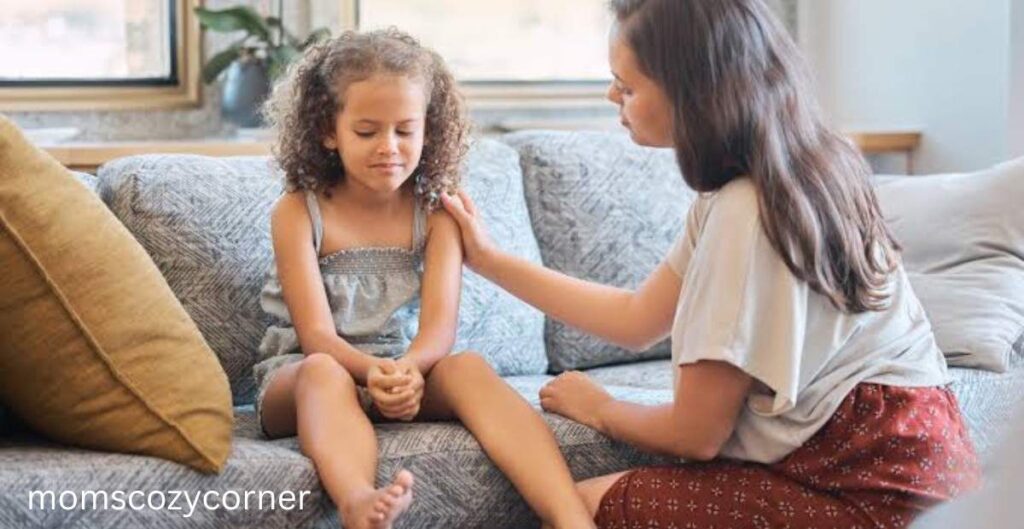
Final Thoughts
Mental health takes time to build and can’t be destroyed by one instant. It’s true that tough times will come. Rather than arranging visits or treats for her when she has trouble, I find it’s a good time to encourage her growth through a conversation. Perhaps it involves getting stronger or perhaps it means practicing social skills. To truly be effective, schools should equip teachers with mental health knowledge, ensuring it’s taught not as a separate subject in schools, but through the teachers’ overall approach.
Mistakes? They’re a natural part of life. It’s most important to see what we gain and how we react to challenges. I’m always careful not to let her go through the same hurt again, but I also observe how her attitude towards it changes. After a while, I am amazed by how much more confident and understood my child becomes. If you want to learn more about being the best mom you can be and raising happy kids, here’s a helpful resource: How to Be the Best Mom and Raise Happy Kids.
It’s Parent’s Turn:
Have any emotional or social experiences helped your child develop, despite being hard at the time? If you’d like, tell us about your own experiences in the comments. Let’s work together to uplift each other in real moments.
Hey Mama,
I know how much we want our little ones to feel safe, seen, and supported—both at home and in school. This simple sheet is just a little bridge to help you and your child’s teacher work hand in hand. Because when we share what works best for our kiddos, we make their days a whole lot easier. You’ve got this, and you’re not alone!
Hugs,
One mama to another

